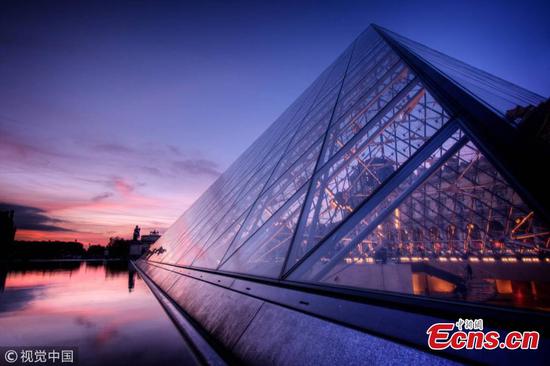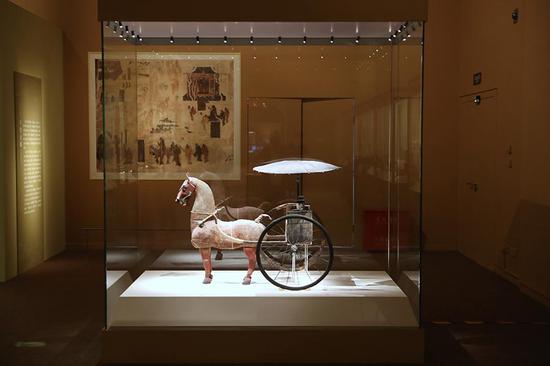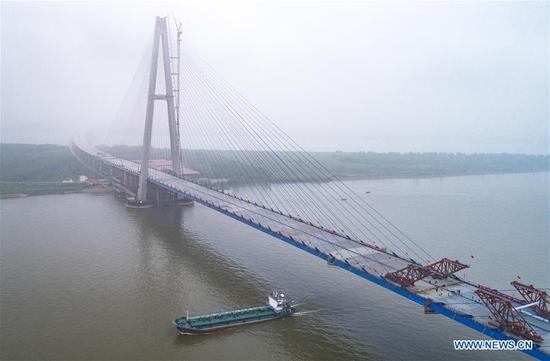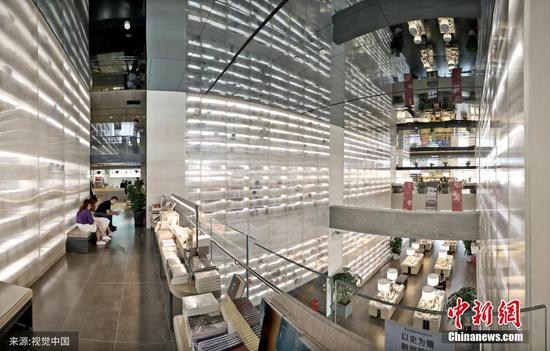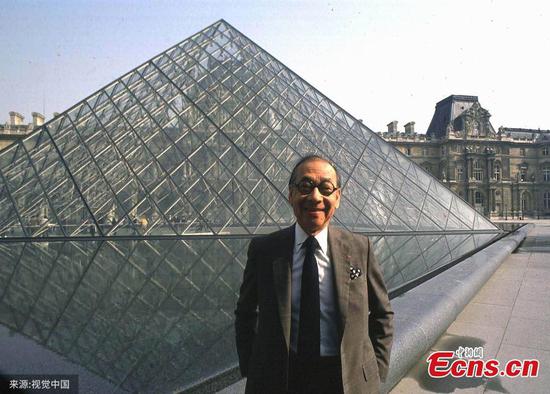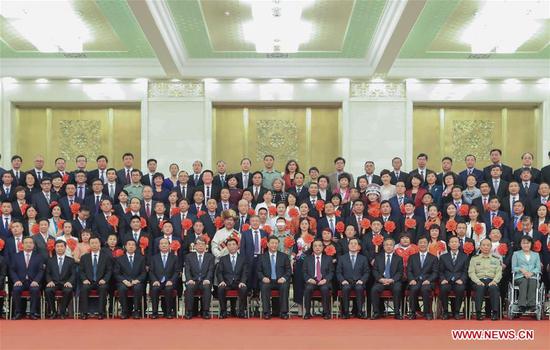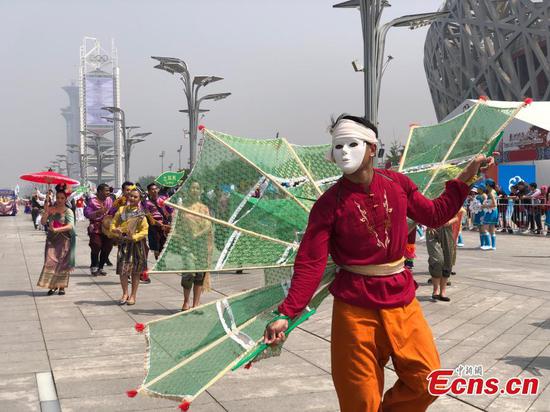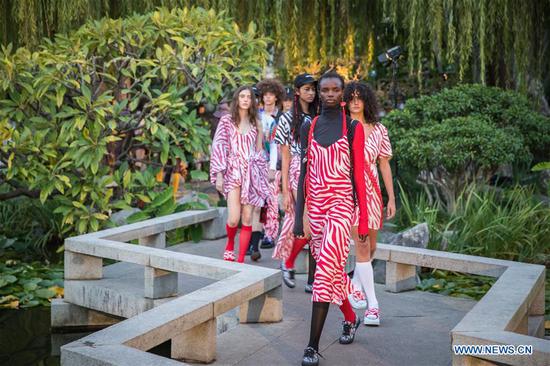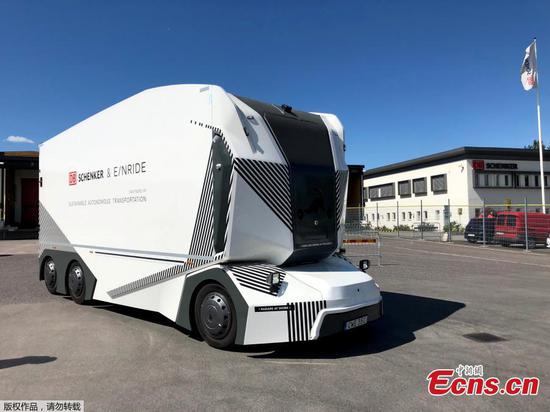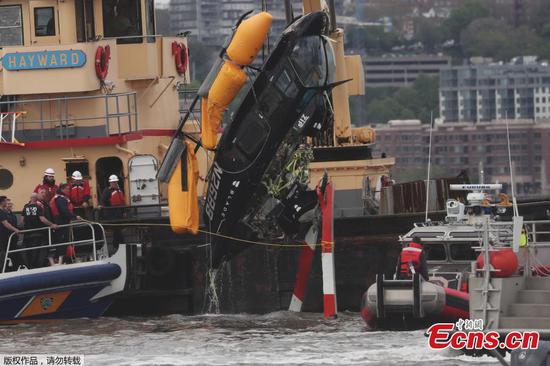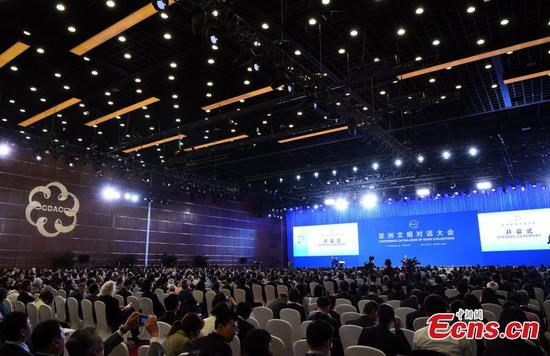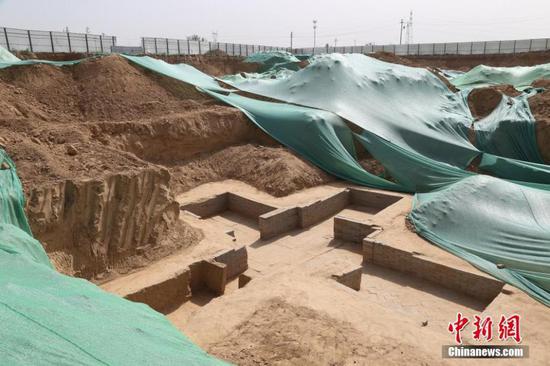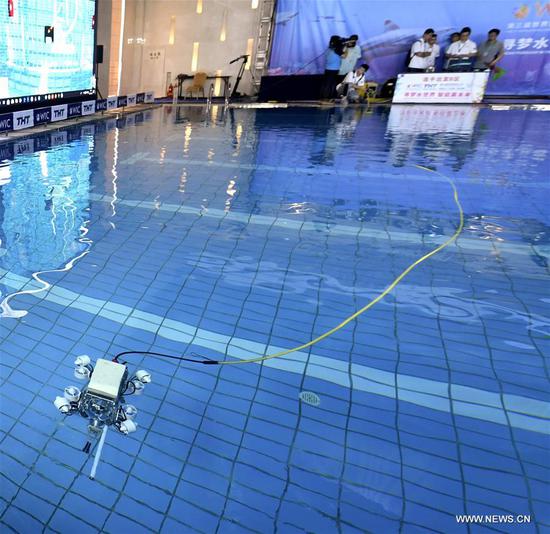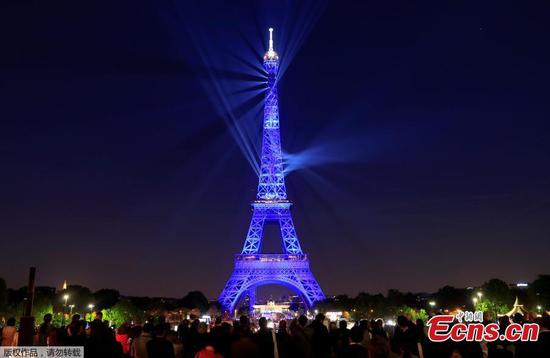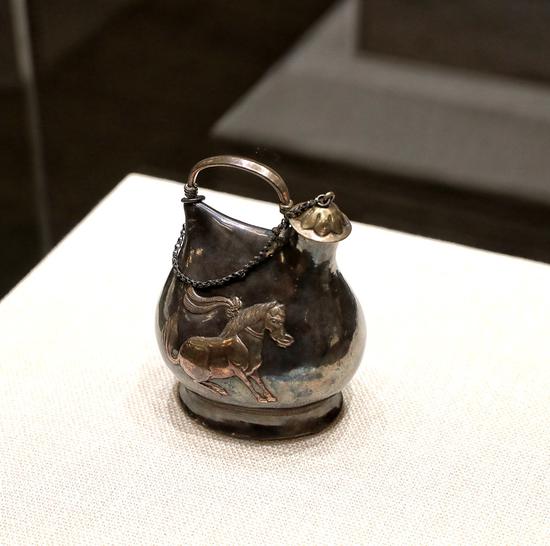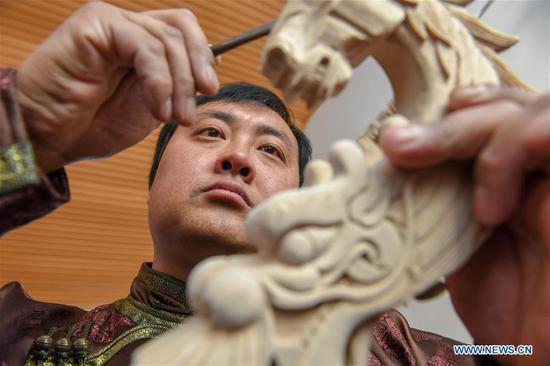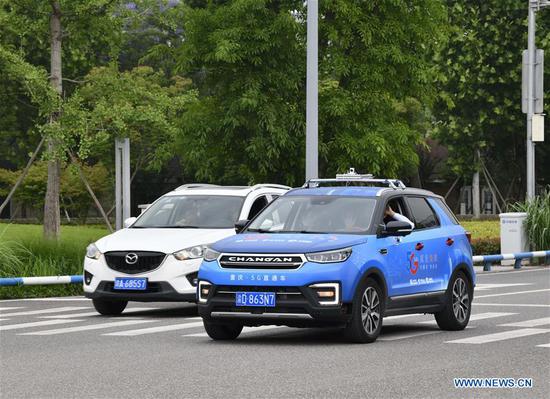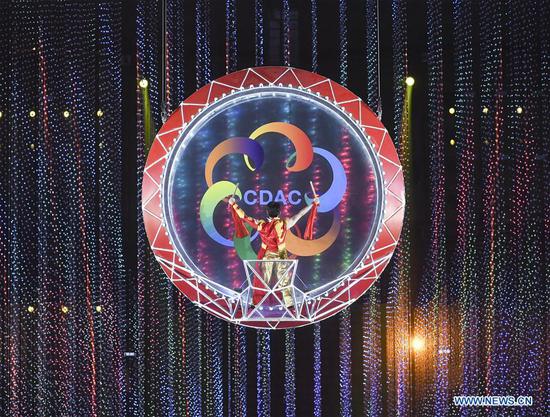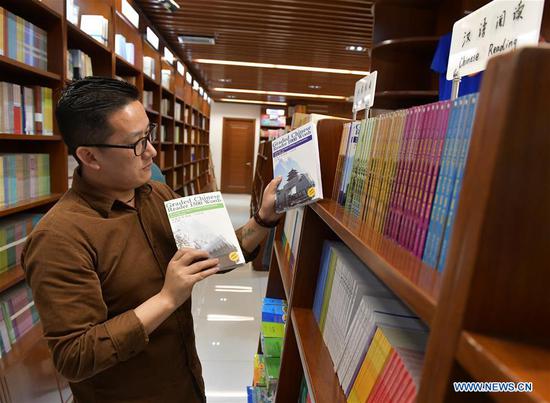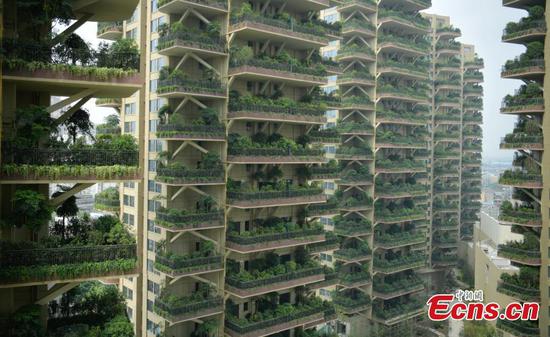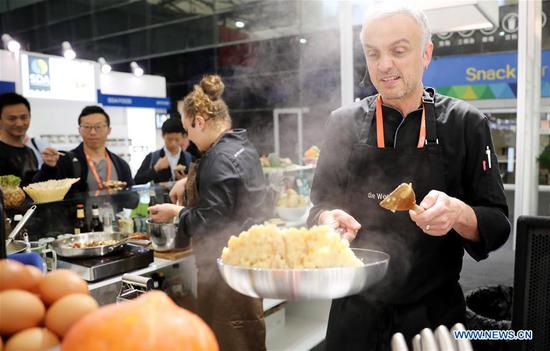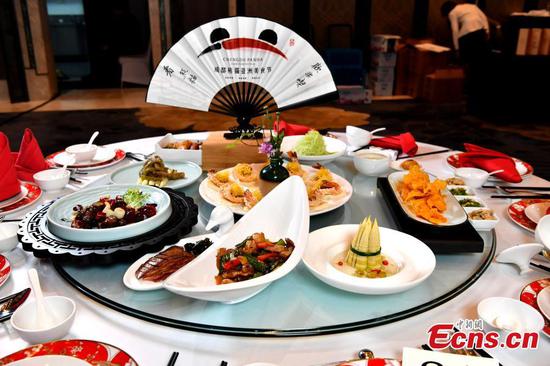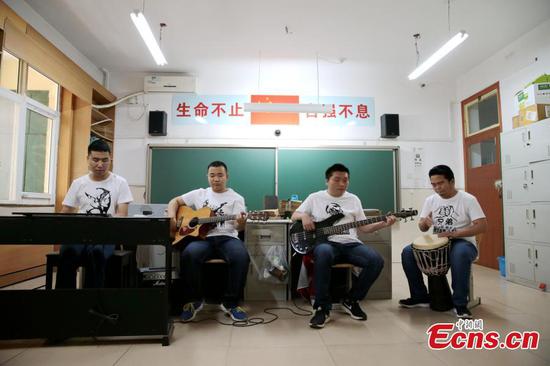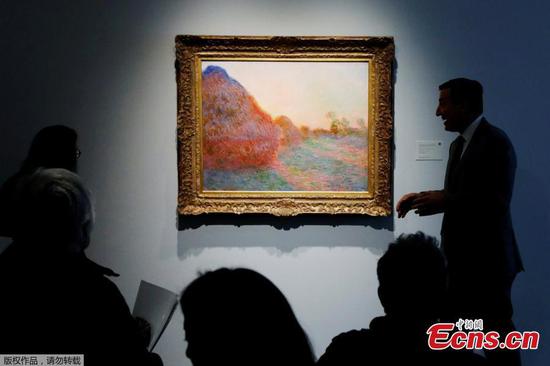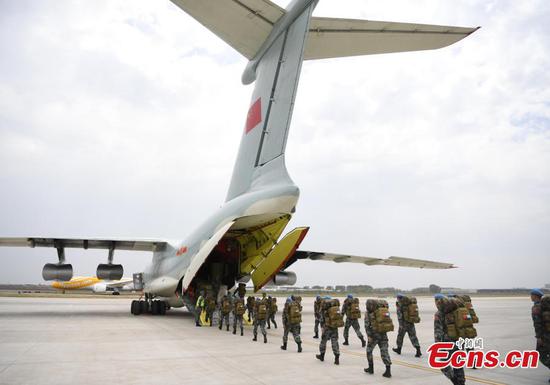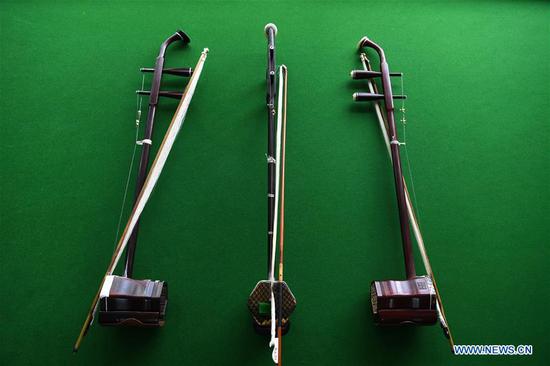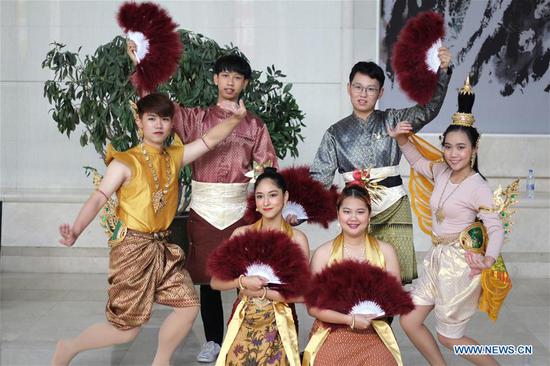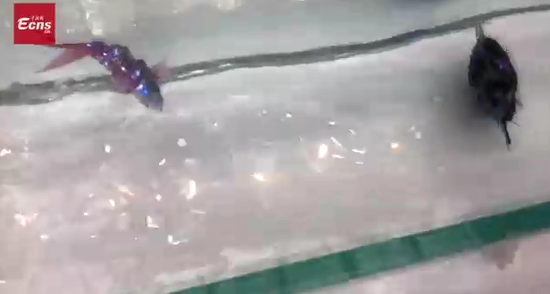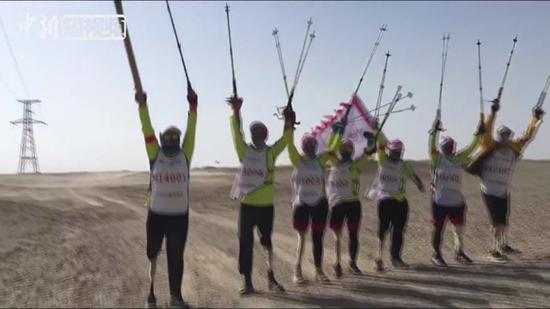In 2016, the Ministry of Environmental Protection (now the Ministry of Ecology and Environment) issued a guideline on the prevention and control of pollution from used batteries.
The guiding document encourages "classified collection of spent primary batteries in places with proper conditions for recycling". The primary batteries category includes dry-cell batteries, lithium batteries and accumulators.
The guideline was hailed by environmentalists as a positive signal for raising recycling rates of used batteries.
"The guideline is expected to end confusion about whether we should collect used batteries or dump them," China Zero Waste Alliance said in a statement.
However, in reality, the recycling of used dry-cell batteries has not fared well.
Liu Yanlong, the general secretary of the China Industrial Association of Power Sources, said recycling of waste dry-cell batteries is not profitable for manufacturers and recyclers due to the low economic value of zinc and manganese, the two major metals they contain.
Wang Zixin, owner of a used-battery recycling center in Beijing, said on average he loses 0.06 yuan for every cell he recycles, taking costs of transportation and processing into consideration.
According to his estimates, less than 1 percent of used dry-cell batteries consumed in the capital city annually are recycled.
Wang receives parcels of discharged batteries delivered from individuals, companies and communities, which are stored in a warehouse.
The 50-year-old said he is building a processing plant of used batteries in Hebei province, which is expected to recycle 3,000 tons a year. But he admitted collecting enough batteries remains a problem due to the lack of an efficient collection network.
To collect more used batteries, Wang plans to distribute recycling machines across the city. Residents could put used batteries in the machine in exchange for virtual credits, which they can use to buy products from designated businesses.
Despite efforts from individuals like Wang, the government of Beijing does not encourage residents to recycle spent dry-cell batteries "as there is no environmental hazard", said Wu Runjiang, an official from the Solid Waste Management Office of the Beijing Urban Administration Commission.
Regarding the disposal of batteries which contain toxic substances, such as button cells and zinc-air batteries, Wu said a pilot program installing trash bins for toxic waste in neighborhoods is being implemented, and all communities in the city are expected to be covered by 2020.
According to a report on recyclable resources published by the Ministry of Commerce, 17.6 tons of spent batteries in China were recycled in 2017, among which 14.6 tons were rechargeable batteries (dry-cell batteries are non-rechargeable).
Cao Guoqing said the recycling of rechargeable batteries, such as lead-acid batteries and lithium-ion batteries, are more profitable because the metals they contain have higher value.
He said the recycling industry of used dry-cell batteries faces difficulties such as complicated processing technologies, high initial investment and operation costs.
Solutions to these problems lie in lowering recycling costs, upgrading products and giving subsidies to recycling enterprises, he said.
To reduce waste, he suggested people turn to rechargeable batteries. He said one rechargeable battery, over its useful life, can substitute for hundreds of dry-cell batteries.
Other country's positions on battery recycling
Japan doesn't have a unified national law on battery recycling. The Battery Association of Japan recommends single-use dry-cell batteries be disposed of with regular waste, while rechargeable batteries must be recycled.
As for the European Union, 44 percent of batteries and accumulators sold in EU countries in 2016 were collected for recycling.










